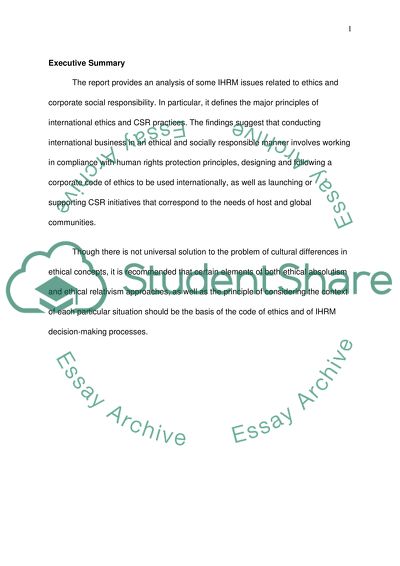Cite this document
(“HRM Essay Example | Topics and Well Written Essays - 2000 words - 1”, n.d.)
Retrieved from https://studentshare.org/environmental-studies/1414253-hrm
Retrieved from https://studentshare.org/environmental-studies/1414253-hrm
(HRM Essay Example | Topics and Well Written Essays - 2000 Words - 1)
https://studentshare.org/environmental-studies/1414253-hrm.
https://studentshare.org/environmental-studies/1414253-hrm.
“HRM Essay Example | Topics and Well Written Essays - 2000 Words - 1”, n.d. https://studentshare.org/environmental-studies/1414253-hrm.


